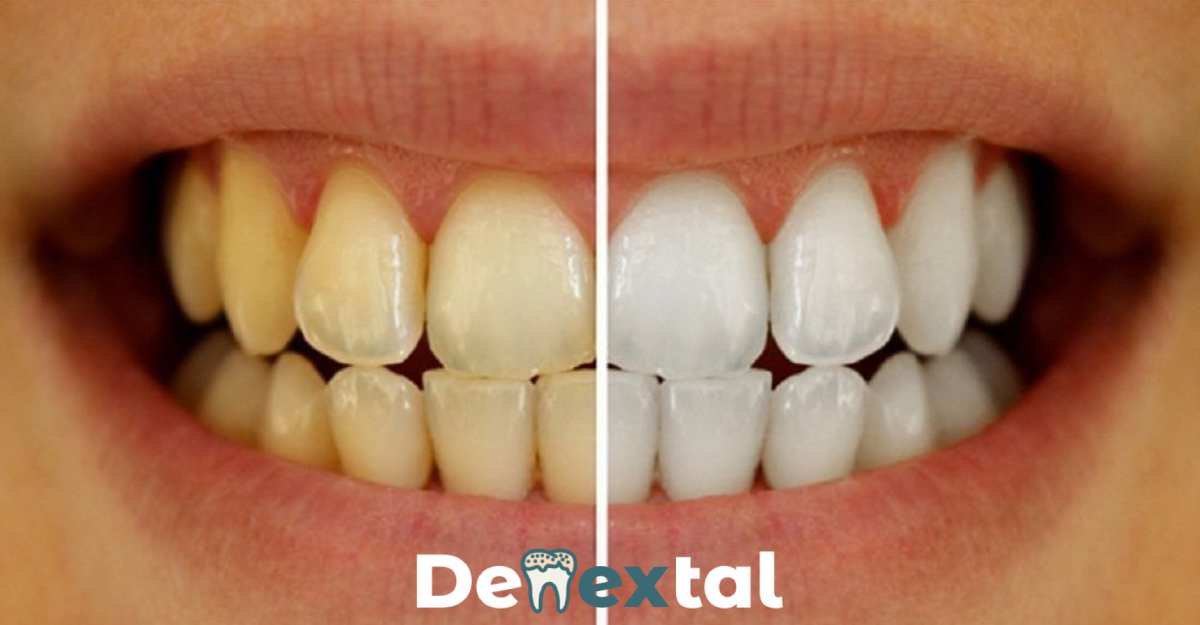If you’re considering getting your teeth cleaning, then it can be very important to understand the cleaning process and what to expect before and after the procedure. In this article, we’ll cover everything you need to know about before and after a dental cleaning, its benefits, the different types of cleanings, and what to expect during recovery. By the end of this article, you will have a clear understanding of how to properly care for your teeth and gums before and after cleaning, and the importance of dental hygiene for good oral health.
What is Teeth Cleaning?
Dental cleaning, also known as dental prophylaxis, is a routine procedure that involves removing plaque, tartar, and stains from the surfaces of your teeth. Plaque is a sticky layer of bacteria that builds up on your teeth and can lead to tooth decay or gum disease if not removed. Tartar, also known as calculus, is hardened plaque that can only be removed by a dentist or dental hygienist. Teeth cleaning is important to prevent tooth decay and gum disease and to maintain your oral health.
Types of Teeth Cleaning
There are two main types of teeth cleaning: professional cleaning and self-cleaning.
H3: Professional Cleaning
Professional cleaning, also known as a dental cleaning, is performed by a dentist or dental hygienist. During a professional cleaning, the dentist or hygienist will use specialized instruments to remove plaque and tartar from the surfaces of your teeth. They will also polish your teeth to remove surface stains and make your teeth look brighter.

Self-cleaning
Self-cleaning involves maintaining good oral hygiene at home by brushing and flossing your teeth regularly. It’s important to brush your teeth at least twice a day and floss at least once a day to remove plaque and bacteria from your teeth and gums. Self-cleaning is essential for maintaining good oral health and preventing tooth decay and gum disease.
Benefits of Teeth Cleaning
There are several benefits of cleaning, including:
Reducing the risk of tooth decay and gum disease
Improving the appearance of your teeth
Detecting and preventing oral health problems early on
Reducing bad breath
Improving overall oral health and hygiene
What to Expect Before a Teeth Cleaning
Before cleaning, your dentist will likely perform a thorough examination of your teeth and gums to assess their overall health. They may also take X-rays to check for any underlying issues, such as cavities or gum disease. You’ll also be asked to disclose your medical history and any medications you’re currently taking.
What to Expect After a Teeth Cleaning
After cleaning, your teeth may feel sensitive or sore for a few days. This is normal and should subside within a week. Your dentist may also recommend that you avoid certain foods or beverages for a few days following the procedure. It’s also important to maintain good oral hygiene by brushing and flossing your teeth regularly to prevent plaque and tartar from building up again.
Frequently Asked Questions
Conclusion
Teeth cleaning is an important routine procedure that helps to maintain good oral health by removing plaque, tartar, and stains from the surfaces of your teeth. It’s important to understand the process and what to expect before and after a cleaning, and to maintain good oral hygiene by brushing and flossing your teeth regularly. By following the proper care instructions and visiting your dentist for regular teeth cleaning, you can keep your teeth and gums healthy for years to come.
It’s important to note that teeth cleaning is just one aspect of oral health, and it’s important to maintain a healthy diet and lifestyle, as well as visiting your dentist regularly for checkups and screenings. For more information on maintaining good oral health, visit the American Dental Association’s website at https://www.ada.org/.
Would you like to take a look at our article with the link below? Wisdom Tooth Extraction Infection - A Comprehensive Guide

